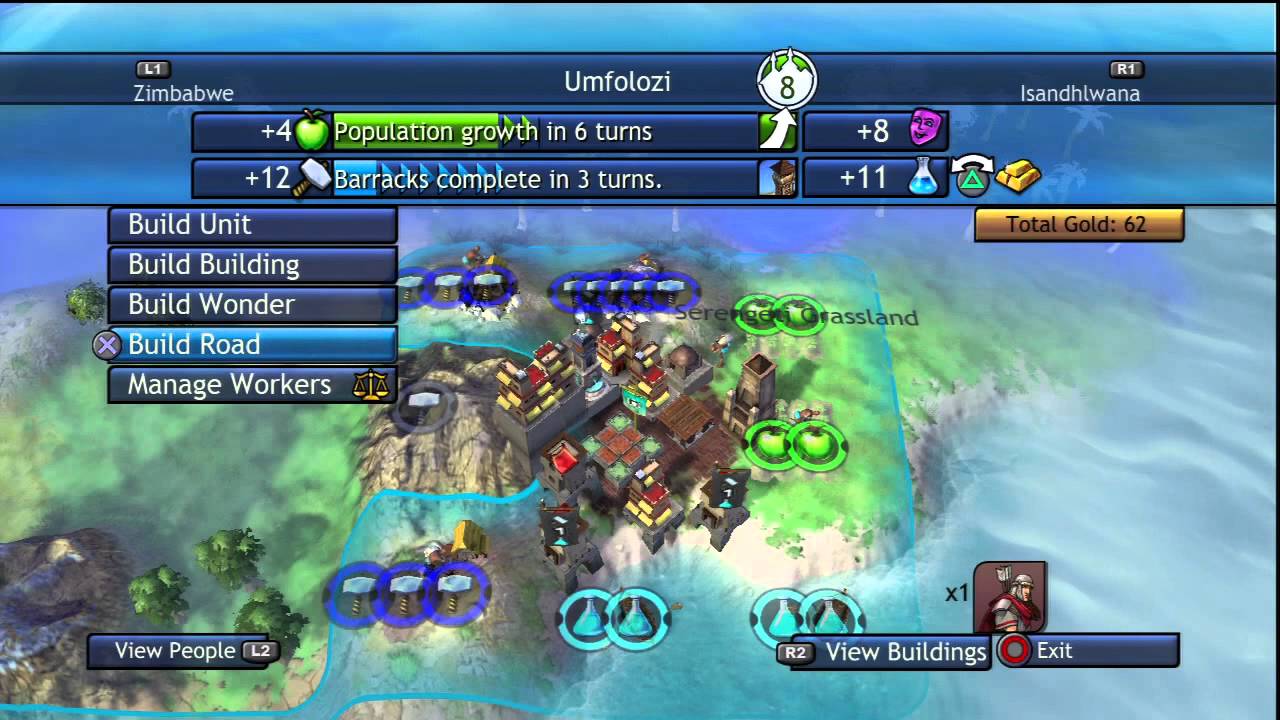


The highly transactional and service-oriented functions of many transport activities underline the complex relationship between its physical and human capital needs. At the same time, economic activities cannot take place without an infrastructure base. Irrespective of the relative importance of physical versus human capital, development cannot occur without both interacting as infrastructures cannot remain effective without proper operations and maintenance. While development policies and strategies focus on physical capital, recent years have seen a better balance by including human capital issues. The development of transportation systems takes place in a socioeconomic context. income and education levels) as well as physical capital such as infrastructures (utilities, transport, telecommunications). The expected outcomes are quantitative and qualitative improvements in human capital (e.g. The Economic Importance of Transportationĭevelopment can be defined as improving the welfare of a society through appropriate social, political, and economic conditions. The development of transportation systems is embedded within the scale and context in which they take place, from the local to the global and from environmental, historical, technological, and economic perspectives.


 0 kommentar(er)
0 kommentar(er)
